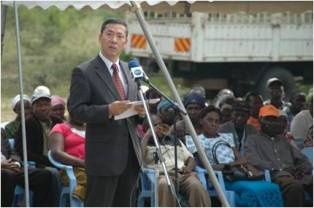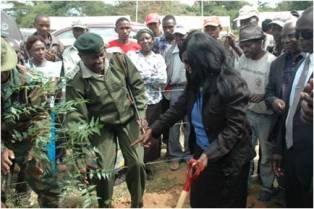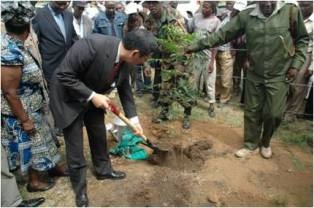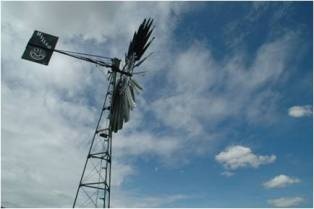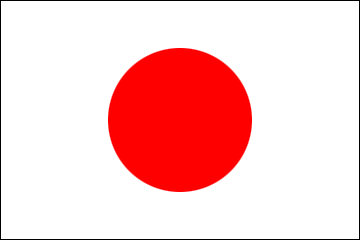Handing Over Ceremony of the Rural Water Supply Project in Machakos and Makueni Counties
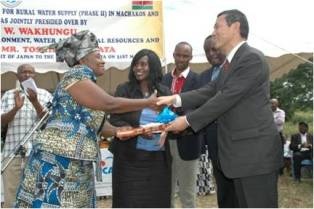
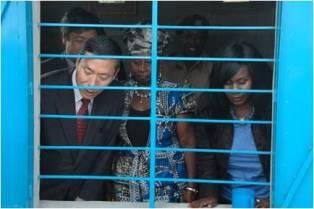
A handing over ceremony of water supplying facilities installed by Japan’s ODA project, namely “Rural Water Supply Project”, was held in Mbuni district in Makueni County on 31st May, 2013. Ambassador Takata joined the ceremony representing the Government of Japan and celebrated the completion of the project with people in the local community.
This project installed one borehole in each of the 58 villages in Machakos and Makueni Counties with no access to clean water. The boreholes can serve clean water to 120,000 villagers per day in an easily accessible way.
On the way to the ceremony, there were women and children collecting water from riverbeds with no running water. In dry seasons, the rivers in this area turn into mere sand or gravel. Collecting water is considered a job for women and children in rural areas of Kenya. They have to walk a long distance to reach water points and come back with heavy jerry cans filled with 20 litres of water. The problem of water in rural areas is also a problem of human security, because sometimes women and children are attacked by criminals or get involved in accidents on their way to/from water points.
The Deputy Governor of Makueni County expressed her thanks to the people of Japan during the ceremony, by saying that Japan freed women in their communities by installing water facilities. “Now, women can spend their time on other creative jobs, and children can go to school,” she passionately said to the ladies who attended the ceremony.
Prof. Judi Wakhungu, Madam Cabinet Secretary of the Ministry of Environment, Water, and Natural Resources, in her remarks, requested the beneficiaries of the water facilities to be responsible while using them. The Cabinet Secretary asked the villagers to pay for costs arising from the continued usage of the facilities by clarifying that “the new constitution of Kenya assures access to water as one of the basic human rights but it does not mean people can use water without any charge.”
The boreholes installed through this project are deep wells which pump up fossil water caught in crevices in bedrocks by using electric power or wind power. Seven out of 58 boreholes use electric power generated by solar power and one uses a windmill. These methods were chosen as a way to minimize the running costs. We hope that, through proper maintenance, these water supplying facilities will be appreciated by villagers as landmarks and places where they gather and strengthen their ties for a long time.
